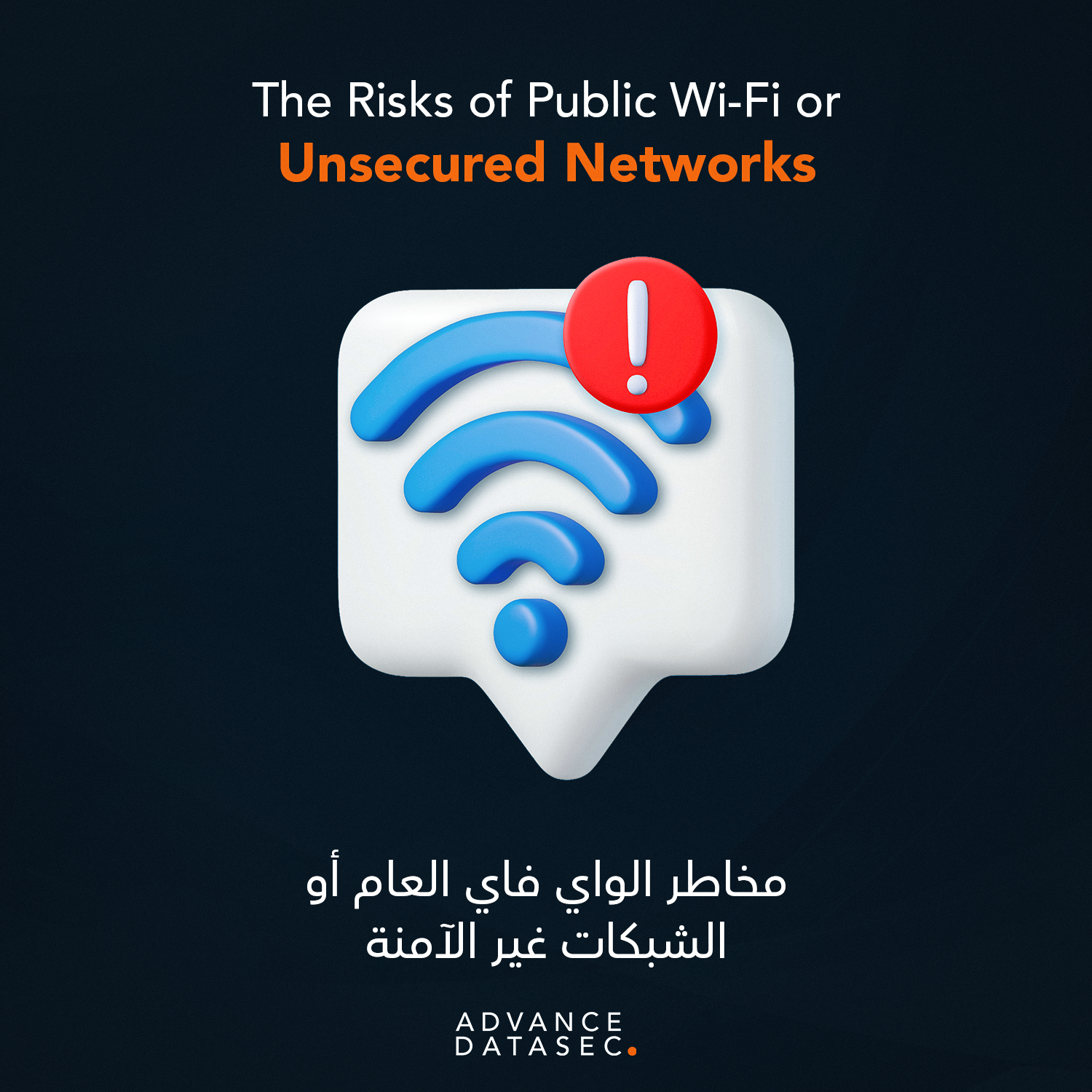The digital economy is built on a foundation of trust. For businesses operating in Saudi Arabia and competing on the global stage, demonstrating this trust requires adherence to rigorous, verifiable Cybersecurity Standards. Two critical frameworks define this landscape: the mandatory, localized controls set by the Saudi National Cybersecurity Authority (NCA ECC), and the internationally recognized best practices codified in ISO/IEC 27001.
Compliance with these mandates is more than a regulatory box to tick; it is a strategic investment that strengthens defenses, minimizes risk, and opens doors to global partnerships. This comprehensive guide breaks down the nuances of the NCA ECC and ISO 27001, illustrating how organizations can leverage both to build a resilient, compliant, and world-class security posture.
The Local Mandate: Understanding Saudi Arabia’s NCA ECC
The Kingdom of Saudi Arabia, through its Vision 2030, has placed cybersecurity at the forefront of its national strategy. The National Cybersecurity Authority (NCA) is the governing body responsible for organizing, developing, and supervising cybersecurity in the Kingdom. Its primary tool for this is the Essential Cybersecurity Controls (ECC).
What is NCA ECC?
The NCA ECC provides a minimum set of mandatory cybersecurity requirements that organizations within Saudi Arabia—particularly government entities and vital national sectors—must adopt to protect their critical infrastructure and sensitive data. The framework is highly prescriptive, focusing on specific security controls across various domains.
Key Focus Areas of the NCA ECC:
- Cybersecurity Governance: Establishing an official cybersecurity strategy, governance structure, and clear roles and responsibilities.
- Cyber-Risk Management: Implementing processes for identifying, analyzing, and treating cyber threats.
- Cybersecurity Defense: Implementing technical controls to secure networks, applications, and endpoints, including access management and cryptographic measures.
- Cybersecurity Resilience: Ensuring the organization can detect, respond to, and recover from cyber incidents effectively.
The NCA ECC serves as a non-negotiable legal and operational requirement. Its implementation ensures a baseline level of protection across the national digital ecosystem, addressing the unique threat landscape and regulatory environment of the Kingdom. For any organization serving the Saudi market, demonstrating compliance with these Cybersecurity Standards is essential for maintaining operational license and trust.
The Global Gold Standard: The Value of ISO/IEC 27001
While the NCA ECC addresses local requirements, global operations and international data handling demand an internationally recognized assurance of security: ISO/IEC 27001.
What is ISO 27001?
ISO 27001 is the leading global standard for an Information Security Management System (ISMS). Unlike the NCA ECC, which focuses on specific technical controls, ISO 27001 is a framework designed to manage information security risks systematically. It outlines the requirements for establishing, implementing, maintaining, and continually improving an ISMS.
Achieving ISO 27001 certification demonstrates that an organization has:
- Identified Risks: Systematically examined its information security risks, taking into account the threats, vulnerabilities, and impacts.
- Designed Controls: Selected and implemented comprehensive security controls (from Annex A, which maps to ISO 27002) to manage those risks.
- Established Processes: Put in place a structured management process for controlling and monitoring security over time, ensuring continuous improvement.
For any company seeking to attract international clients, participate in multinational supply chains, or simply prove a commitment to world-class security governance, ISO 27001 certification is the definitive credential. It is a benchmark among global Cybersecurity Standards.
NCA ECC and ISO 27001: Complementary Pathways to Resilience
Many organizations mistakenly view NCA ECC and ISO 27001 as competing frameworks. In reality, they are highly complementary and, when implemented together, form a holistic and powerful security strategy.
NCA ECC vs. ISO/IEC 27001: A Comparison
NCA ECC (Essential Cybersecurity Controls):
- Scope & Status: Mandatory for target sectors in Saudi Arabia.
- Primary Goal: Establish a minimum, non-negotiable security baseline for national resilience.
- Nature: Prescriptive (Focuses on what controls to implement).
- Applicability: Local/Regional compliance and operational continuity.
ISO/IEC 27001:
- Scope & Status: Voluntary, international certification.
- Primary Goal: Establish a systematic, risk-based management system (ISMS).
- Nature: Process-Oriented (Focuses on how to manage security continuously).
- Applicability: Global trust, business enablement, and risk governance.
The Synergistic Approach:
- ISO 27001 provides the Management System: It gives the organization the necessary framework (Plan-Do-Check-Act) to govern its security efforts, making compliance a systematic, repeatable process rather than a one-time project.
- NCA ECC informs the Controls: The specific, mandatory controls required by the NCA can be implemented within the ISMS structure mandated by ISO 27001. NCA compliance effectively satisfies many of the control requirements found in ISO 27001’s Annex A.
By aligning their efforts, organizations can use their ISMS (ISO 27001) as the engine to drive and maintain compliance with the NCA ECC and other domestic Cybersecurity Standards.
The Roadmap to Compliance and Certification
Achieving and maintaining compliance with both domestic and international Cybersecurity Standards is a complex endeavor that requires specialized expertise. This journey typically involves three phases:
Phase 1: Assessment and Gap Analysis
The process begins with a thorough assessment of the organization’s current security posture against the requirements of the NCA ECC and ISO 27001. A compliance expert performs a detailed gap analysis to identify areas where existing controls fall short. This analysis provides the necessary blueprint for remediation efforts.
Phase 2: Implementation and Remediation
Based on the gap analysis, the organization implements the necessary controls and processes. This stage involves:
- Policy Development: Creating, revising, and approving security policies, procedures, and documentation required by both frameworks.
- Technical Implementation: Deploying and configuring technical safeguards (e.g., access controls, network segmentation, monitoring tools).
- ISMS Rollout: Establishing the risk assessment methodology, internal audit schedules, and management review processes required for ISO 27001.
Phase 3: Audit and Continuous Improvement
For NCA compliance, this involves submitting evidence for NCA review or third-party audit as required. For ISO 27001, it culminates in a formal certification audit by an accredited third-party registrar. Critically, compliance and certification are not end-points. The principles of both frameworks—especially ISO 27001’s emphasis on the “Check” and “Act” cycle—mandate continuous monitoring, testing, and improvement to address evolving threats and changes in the business environment.
Conclusion: Strategic Advantage Through Cybersecurity Standards
Adherence to robust Cybersecurity Standards like the NCA ECC and ISO 27001 is a powerful indicator of maturity, responsibility, and operational excellence. It allows organizations in Saudi Arabia to not only meet their national obligations but also project confidence and trustworthiness to clients and partners worldwide. By treating compliance as a strategic initiative rather than a mere cost center, businesses transform their security programs into competitive advantages.
Building a security posture that simultaneously satisfies local mandates and international best practices requires deep local knowledge, technical expertise, and a structured approach to governance, risk, and compliance (GRC).
Don’t let complex regulations impede your growth or leave your organization vulnerable. Leverage our expertise in both the Saudi NCA ECC and global ISO 27001 standards to achieve certification and build a resilient digital infrastructure. Contact Advance Datasec today for a free consultation and secure your strategic advantage.

For more articles:







